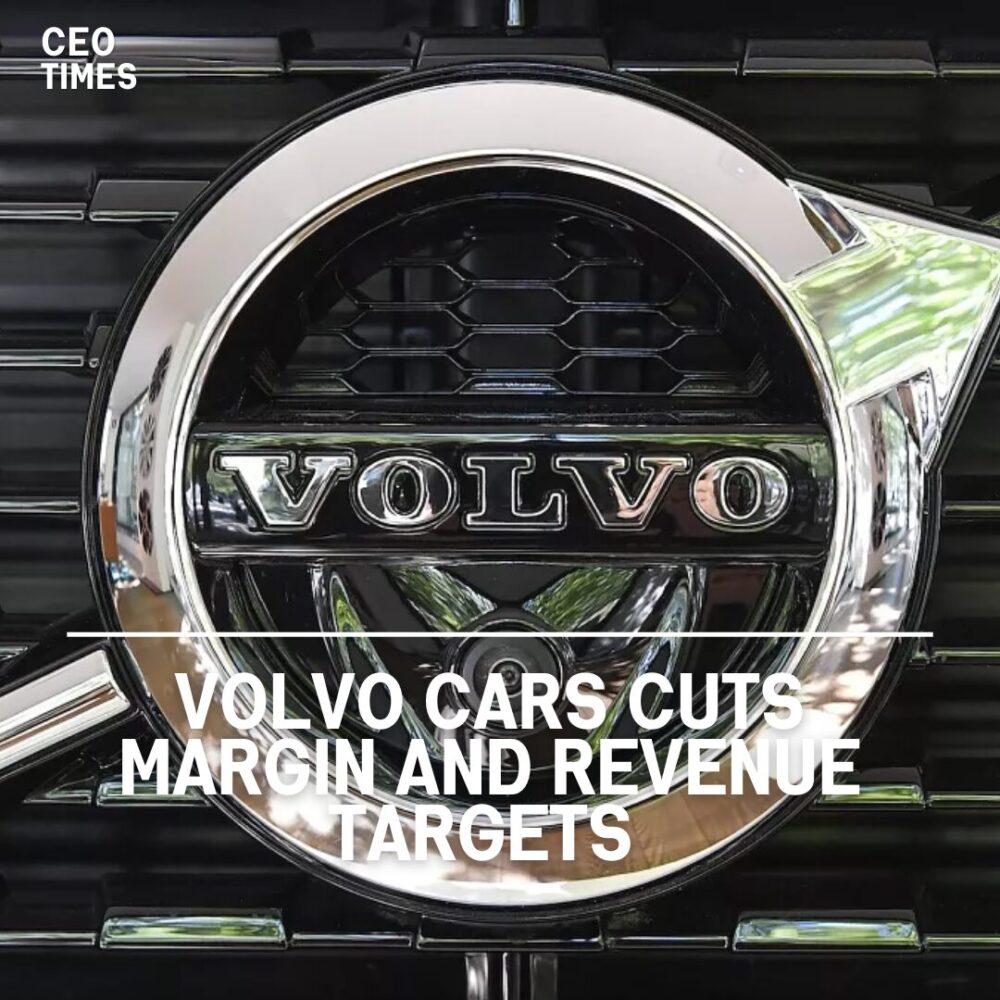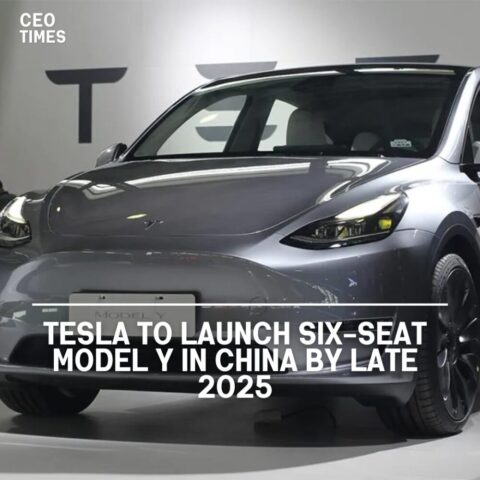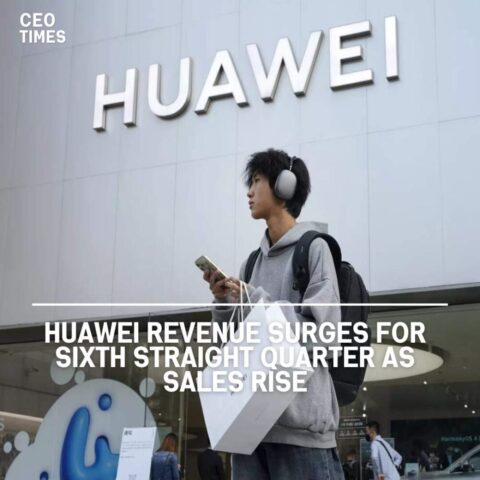Volvo Cars has reduced its margin and revenue expectations for the second time this year. This revision follows the company’s decision to abandon its goal of becoming an EV-only automaker, as tariffs and declining demand for electric vehicles continue to impact its performance.
Market Conditions and Challenges:
The Swedish automaker, majority-owned by China’s Geely, has adjusted its target for operating profit margin (excluding joint ventures and associates) from above 8% to a range of 7-8%.
Additionally, Volvo has removed its sales target of 550 billion-600 billion Swedish crowns ($53.5 billion-$58.4 billion) and aims to outpace growth in the premium car market. The company cited “increased complexity, especially about global trade and tariffs,” contributing to the revised targets.
This is the second time in a year that Volvo has scaled back its margin and revenue goals. In January, the company had already revised its targets, initially announced in 2021, from an annual EBIT of 8-10% and sales of 1.2 million cars annually by mid-decade to 1.2 million cars annually.
CEO’s Statement:
CEO Jim Rowan emphasized that the updated business ambitions demonstrate Volvo’s commitment to driving value while staying true to its purpose. He noted that business is about continuous progress and adaptation, not perfection.
Following the announcement, Volvo Cars’ shares rose by 3% at 0744 GMT after experiencing a drop the previous day. However, shares are down 10% year-to-date.
Future Plans and Innovations:
After an investor event in Gothenburg, Volvo revealed plans to streamline its technology approach. The company will implement a single “technology stack” for all car models, starting with its flagship electric EX90 model, which will be delivered to customers this month.
Volvo also plans to use a unified software system supported by Nvidia chips for all future models and adopt “megacastings”—large presses that create single-piece aluminum vehicle underbodies—to reduce costs and emissions for electric cars.
Chief Engineering & Technology Officer Anders Bell highlighted that megacasting will increase the use of recycled aluminum and decrease emissions throughout Volvo’s supply chain.
Recent Sales Performance:
Volvo reported a 3% year-on-year increase in August car sales, reflecting some positive movement despite the company’s broader challenges.




















